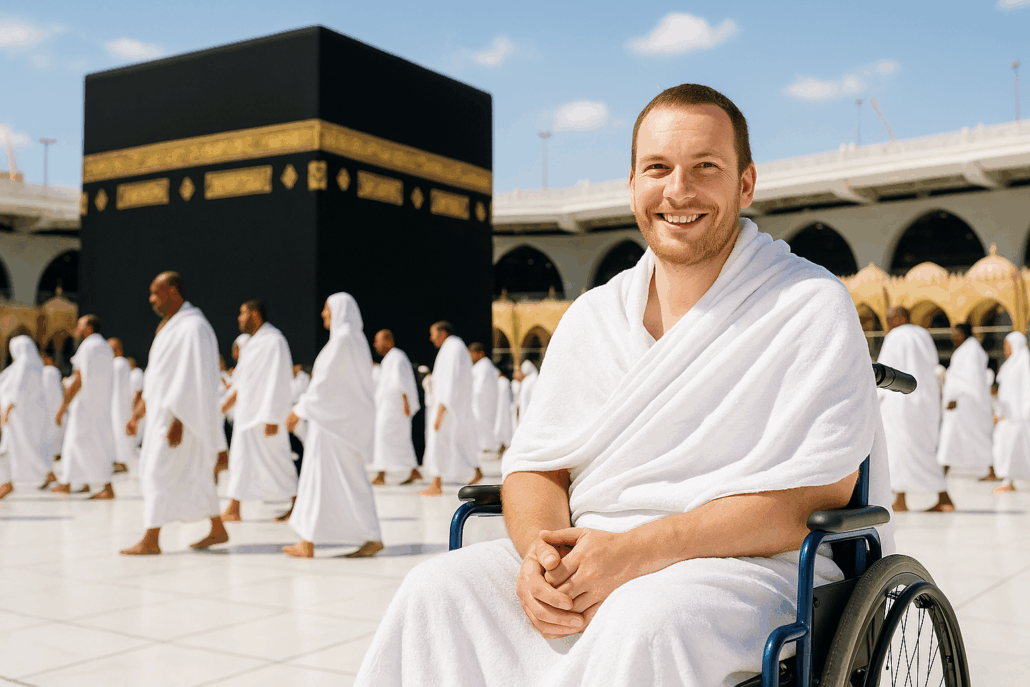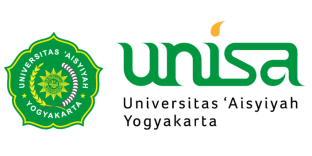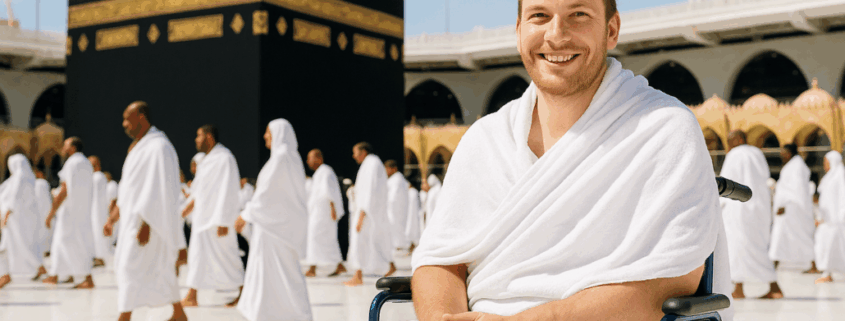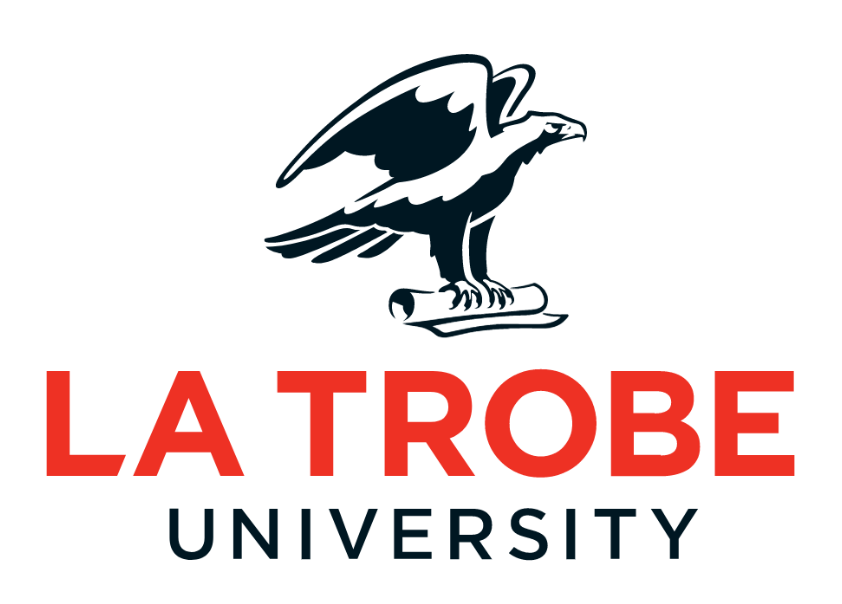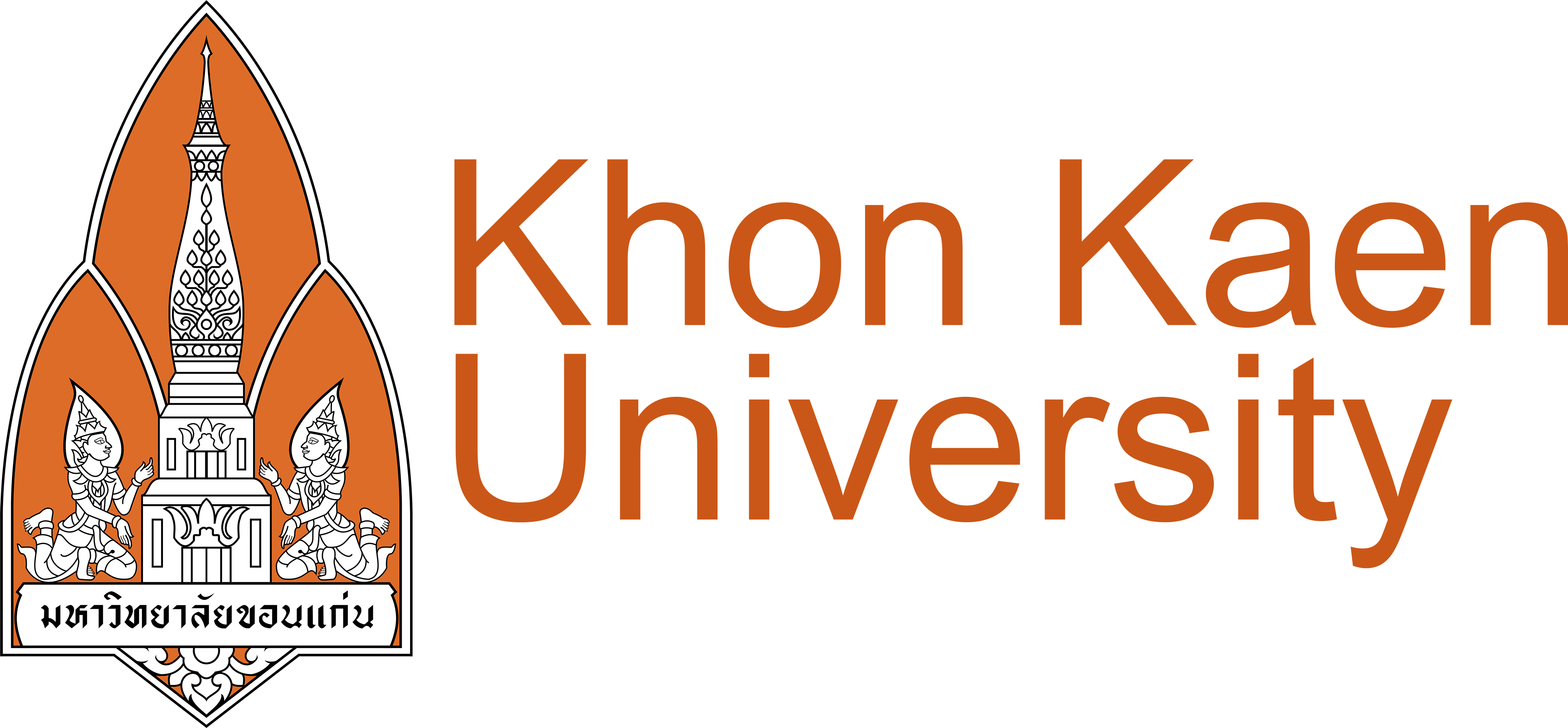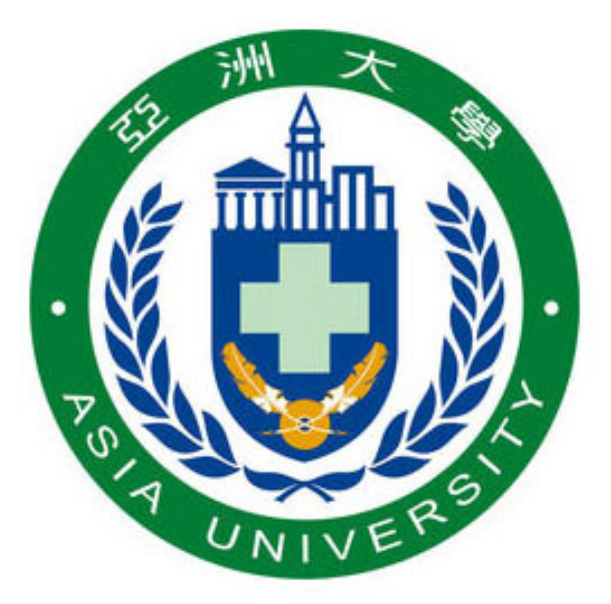A Notes on Services for Elderly and Special Needs Hajj Jamaah
The 2025 Hajj season can be considered a very special Hajj season as it will be the last Hajj service organized by the Ministry of Religious Affairs of the Republic of Indonesia. The 2025 Hajj season is also a very special moment, especially for elderly and special needs Hajj pilgrims. This is because the Ministry of Religion of the Republic of Indonesia has adopted the theme “Hajj Friendly for the Elderly and Disabled” for the 1446 H/2025 M Hajj pilgrimage. This theme is no trivial matter, considering that out of the 203,149 Indonesian Hajj pilgrims in 2025, approximately 44,085 are elderly (21%), and 472 are people with disabilities (0.23%). Thus, this topic holds great hope for the elderly and people with disabilities, as well as their families, who have been anxious about their Hajj travel plans.
In the provision of public services, the elderly and people with disabilities (in this article, the author has chosen to use the term “people with special needs”) should be prioritized and given special attention. This is because they have certain vulnerabilities, especially during the performance of the Hajj, which is inherently a physically demanding religious ritual. However, even Allah SWT, who invites them to visit His house, does not desire hardship or burden them, as mentioned in QS Al Baqarah verse 185 and QS. Al Maidah verse 6.
Special services, including pre-departure preparations, departure, arrival services, services during the peak of the Hajj, services during the peak of the Hajj, and return services, have all been well prepared by the Hajj Organizing Committee (PPIH) of the Ministry of Religious Affairs of the Republic of Indonesia, both in Indonesia and in Saudi Arabia. However, not everything went as smoothly as expected during the implementation process. A number of minor notes from the entire Hajj pilgrimage journey in 2025, particularly for the elderly and those with special needs, are summarized as follows.
- Departure preparations
- Manasik services by the Ministry of Religious Affairs
In preparation for performing the Hajj pilgrimage, all prospective pilgrims who have been included in the departure list will receive manasik services from the Ministry of Religious Affairs through the Religious Affairs Office in each sub-district. The manasik series is delivered over 5 days with a variety of topics. These topics range from health-related matters to guidance on performing the Hajj rituals. Unfortunately, a specific topic explaining the mechanisms and technical services for prospective Hajj pilgrims during their journey and while in the Holy Land, particularly for the elderly and those with special needs, has been overlooked. If this topic is considered special, then specialized manasik sessions for elderly and special needs Hajj pilgrims could be allocated. It would be even better if, in addition to the pilgrims themselves, their companions and families were also required to attend.
The Ministry of Religion, through its regional offices, has actually produced online pilgrimage guidelines through several platforms, one of which also addresses the topic of services for elderly and special needs pilgrims. However, unfortunately, there is still limited information regarding the technical aspects of services, from preparation to return. The content is more dominated by information related to worship services during the pilgrimage.
- Payment Services
Every pilgrim who has passed the health test (Istitoah) is given the opportunity to make a final payment. This condition is certainly safe for pilgrims who have made extensive preparations well in advance. However, issues arise when the government opens the second phase of final payment for reserve pilgrims. Among the reserve pilgrims, there are also pilgrims from vulnerable groups. Technically, they lack sufficient and proper preparation, including health conditions, travel logistics, and religious guidance. This is because the period for performing the Hajj rituals at the Religious Affairs Office has already passed. Unless they follow guidance from KBIHU. However, it should be noted that not all prospective pilgrims become KBIHU pilgrims. Therefore, it would be more appropriate if the second phase of payment for reserve pilgrims were reserved for prospective pilgrims who are not from vulnerable groups.
- Departure Services
Departure is a moment eagerly awaited by all prospective pilgrims. This includes elderly and special needs pilgrims. At this stage, a number of service scenarios for elderly and special needs pilgrims have been carefully designed. However, unfortunately, there is one process that not all elderly and special needs pilgrims may be prepared to face. This is the transfer process from the embarkation point to the departure airport. During this process, elderly and special needs pilgrims are separated from their companions. Although it is only for a short time, some pilgrims, especially the elderly, are not prepared for this separation, and feelings of anxiety and fear are evident on their faces. Some pilgrims even cried out of fear of going through the baggage inspection and immigration checks. On the other hand, due to a lack of understanding about long-distance international travel, many elderly pilgrims brought items like jackets, neck pillows, and goody bags with health supplies, which ended up causing them trouble during the transfer to the departure airport without their companions.
- Arrival services in the holy land
Services at Saudi Arabian airports are very different from those at airports in Indonesia. The limited number of wheelchair attendants hinders services for elderly pilgrims and those with special needs. In fact, one wheelchair attendant was found pushing two pilgrims at once, along with two small suitcases belonging to the pilgrims. Besides being risky, this situation inevitably slows down the movement process for pilgrims, resulting in longer waiting times for their transfer to the shuttle buses.
Once passengers arrive at the waiting bus, elderly passengers and those with special needs must face the challenge of boarding buses that are not adequately adapted to their needs. The high entrance of the bus requires additional effort for them to board with the assistance of staff. Once again, during this process, elderly passengers and those with special needs cannot be reunited with their companions due to different exit routes from the aircraft.
The journey from the airport to the destination city, especially Mecca, takes a considerable amount of time. As a result, toilets become an unavoidable necessity. Unfortunately, the toilets available on the bus are not elderly-friendly or accessible for people with special needs. The extremely narrow toilet conditions and the need to descend stairs to access them make it very difficult for them.
The fast-track service, which was intended to expedite the process, has instead created new issues. The hope was that this service would prevent crowds from forming in the arrival area. As a result, each pilgrim is immediately transported to the bus without considering the group’s base. Once a bus is full, it departs immediately for the destination hotel. The problem arises when a single flight group is served by multiple companies, resulting in pilgrims being assigned to different hotels. This situation ultimately leads to inefficiency in the transportation process. For instance, one bus may have to transport pilgrims to two different hotels that are not close to each other. In such cases, elderly pilgrims and those with special needs must be patient, as they may not be transported directly to their hotels. Instead, they may have to stop at another hotel because the bus must first transport other pilgrims to their respective hotels.
syarikah. This situation is exacerbated by bus crews who cannot speak Arabic or English.
- Sholawat Bus Service
Not all Sholawat buses are elderly-friendly or accommodate special needs. Some buses lack proper access for wheelchair users, with no designated space for wheelchairs. As a result, caregivers must fold the wheelchairs to load them onto the bus. However, buses are often fully occupied during peak hours.
- Service During the Hajj Peak Period
The peak Hajj period is the actual Hajj procession. Several pillars and obligations of the pilgrims must be fulfilled. During this period, pilgrims will face many challenges and tests of patience, especially for elderly and special needs pilgrims. Some notes on Hajj services in 2025 during the stay in Arafah, Muzdalifah, and Mina are summarized as follows.
- Tents that are not representative. For elderly and special needs pilgrims, the tents provided in Arafat and Mina are not representative and far from comfortable. In addition to overcrowding, the placement of elderly and special needs pilgrims is also poorly managed. As a result, elderly and special needs pilgrims must find the most comfortable spot for themselves, including access to entry and exit points, and proximity to their companions. This situation is exacerbated by the occurrence of double-booking issues in some tents. A tent that should ideally be occupied by one flight group is instead shared with another flight group.
- The beds are extremely cramped, limiting movement space. Each pilgrim receives a mattress (floor mattress) during their stay in the Arafah and Mina tents. Unfortunately, the size of these mattresses is very minimalist (exactly the size of a human body). This situation is further complicated by the cramped arrangement with almost no partitions between pilgrims. This severely limits the pilgrims’ mobility when lying down on the mattress. The greatest challenge for elderly pilgrims and those with special needs is that if they are assigned a bed not near the edge, they will have difficulty accessing the entrance and exit. This is because there is literally no space between one bed and another.
- Limited availability of special toilets for elderly and disabled pilgrims. The number of toilets in Arafat and Mina is very limited and does not match the number of pilgrims. This situation causes long queues at all times. Special toilets for elderly and disabled pilgrims have been provided. However, their number is very limited (only 1 sitting toilet and 1 disabled toilet) in each unit. This situation is exacerbated by the lack of etiquette among other pilgrims who are healthier and sometimes have to cut in line for these special services. The number of toilets for men and women is also not calculated proportionally. As a result, female pilgrims, who are expected to be more numerous in 2025, often occupy some of the men’s toilets.
- Special food for elderly and disabled pilgrims
During the peak of the 2025 Hajj in Arafah, Musdalifah, and Mina, it must be acknowledged that food services were timely and abundant. However, unfortunately, no special meals were provided for elderly pilgrims and those with special needs. This situation caused some pilgrims, particularly the elderly, to not consume food optimally. As a result, some elderly pilgrims collapsed due to an unbalanced nutrient intake.
Return services to the country
This process is not significantly different from previous services. Elderly pilgrims and those with special needs continue to receive priority service. Occasionally, guidance is provided.
Looking at the entire process of providing services from start to finish for the special Hajj program for the elderly and people with special needs during the 2025 Hajj season, it can be said that the Ministry of Religious Affairs has been very thorough in its planning. However, a number of issues, as outlined above, are still being encountered and felt by elderly pilgrims and those with special needs. This situation has made the previously planned ideal service less comprehensive. Although some elderly and special needs pilgrims are more resigned and must be grateful for what they receive. Because in previous Hajj rituals, it was always emphasized by the speakers that during the performance of the Hajj, we must always be grateful and extremely grateful for what we receive during the performance of the Hajj. However, this situation clearly contradicts the actual conditions experienced, and it should be communicated so that it can serve as a basis for evaluation. This article is intended to serve as a collective evaluation for both the pilgrims, their families, and the government.
Serving the elderly and people with special needs requires extra effort, especially in terms of communication, physical handling, and trust. These elements are synonymous with the dimensions of quality service developed by Parasuraman, including reliability, responsiveness, assurance, empathy, and tangibility. However, using these dimensions to maintain and improve the quality of service for elderly and special needs pilgrims is not sufficient. Their involvement in the next phase of service quality improvement is essential. We must instill the understanding that every complaint is not a sign of ingratitude, but rather valuable feedback and information that must be heard. Unfortunately, some parties often define complaints as a form of ingratitude, suggesting that pilgrims should always be patient because they are guests of Allah. This ultimately leads pilgrims to remain silent out of fear that their long-awaited Hajj pilgrimage may be invalidated. Especially for elderly and special needs pilgrims, who should be grateful for the opportunity to perform the Hajj. However, without realizing it, this actually silences information that could improve the quality of future services.
Services for pilgrims must be continuously improved over time. One way to do this is by listening to their complaints and expectations. Additionally, ensuring that service standards comply with regulations and are made available to all pilgrims will serve as a valuable tool for achieving sustainable quality in Hajj pilgrim services.
The author is a Lecturer in the Public Administration Program at UNISA Yogyakarta,
Indonesian Hajj Pilgrims 2025 with special needs services.
